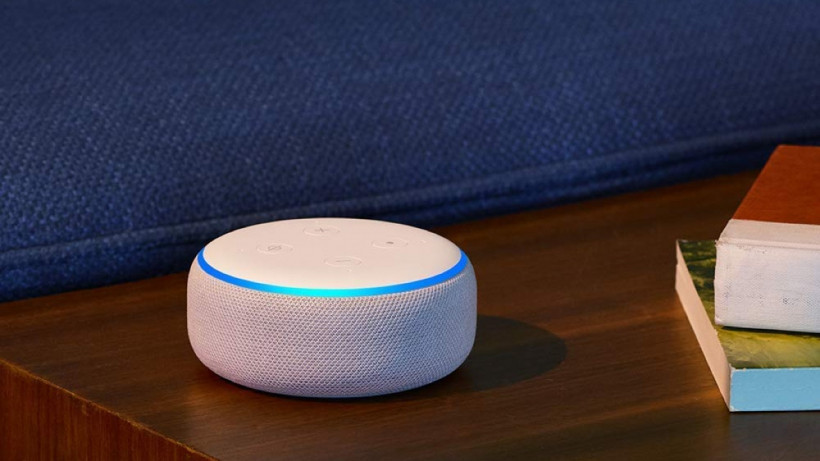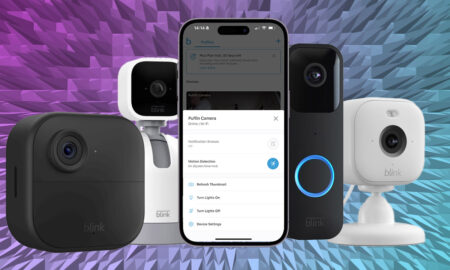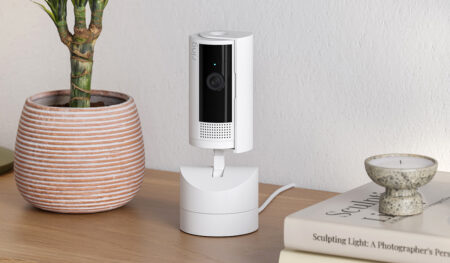And most people stick to the basics
Men use voice assistants to control the smart home more than women and around three quarters of Amazon Alexa and Google Assistant users aren’t yet using their smart speakers to control their smart home tech at all.
That’s according to a new VentureBeat survey of 1,019 people in the US – actually a repeat on a survey they first conducted last year.
If Alexa and co act as a gateway to getting into more home devices and appliances, it shows that there are plenty of people dipping a toe into home automation who might graduate to some smart light bulbs, say, or a smart thermostat over the next few years.
Read this: Google Assistant Smart Displays essential guide
When it comes to smart home controls, there’s actually a difference between how men and women use these devices (as there is across all the categories). So 29% of men use voice assistants on these speakers to control tech around the home versus only 18% of women, a trend we’ve seen before in the rise in reports of domestic abuse cases where connected tech is used. Men are also more likely than women to use voice to check sports scores, get news, shop and play games.

75% of the people who responded use their voice assistant at least once a day, 57% use it multiple times a day and the most common uses are what we’ve heard before: music controls (75%), checking the weather (66%) and asking for information (63%).
Read this: Get started with the smart home via our How To hub
The survey’s shopping stats seem more promising than very low c.1% stats we’ve seen in other reports. In this cohort, nearly half had made a purchase via their smart speakers mostly from Amazon or Google with food delivery in second, calling taxis and in-app purchases also in the mix.
Another interesting point – only a fifth of people surveyed said these devices haven’t changed their behaviour or daily routines at all. (Sounds like they’re not using them.) Again, it’s men more than women as 33% of men said voice activated speakers have changed their behaviour “a lot”.
The VentureBeat survey, and corresponding graphs, are well worth a read in full if you’re interested in where the smart home is headed and how it’s already changing our day to day lives.





